Misleading advertisements & endorsements and violation of celebs’ right to publicity
There is no disputing that celebrities have a way of attracting the attention of the masses to an advertisement. While the recently enforced Consumer Protection Act, 2019 introduces new provisions on ‘Misleading Advertisements’ and ‘Celebrity Endorsements’, it is imperative to address the issue of unauthorised use of celebrities to promote goods/ services via advertising. Part 11 of the series on Misleading Advertising by Advocate Aazmeen Kasad points at a recurring issue of unauthorised use of celebrity images, look-alikes, caricatures and even voices to endorse products/ services without their knowledge, much less, consent.
Also read: Instances of misleading ads by educational institutes are on the rise
In 2016, Pierce Brosnan, famous for acting as the lead actor in several James Bond movies, was seen, much to everyone’s (and his own) surprise in an advertisement endorsing Pan Bahar. The superstar issued an exclusive statement in the ‘People’ a week after the advertisement was aired that he was “deeply shocked and saddened” about the events that followed his alleged endorsement of pan masala and apologised stating that he has the “greatest love and affection for India and its people”. The celebrity actor disclosed that his contract with the company was only to advertise a breath freshener/ tooth whitener, which had been presented as “all natural, containing neither tobacco, supari, nor any other harmful ingredient” and that Pan Bahar had resorted to an “unauthorized and deceptive use of his image to endorse their range of pan masala products”. He demanded that Pan Bahar remove his image from their products, and claimed that they had “grossly manipulated” the advertisement. (Source: https://people.com/celebrity/pierce-brosnan-responds-controversial-indian-breath-freshener-ad/ )
Prior to that, in 2010, the immediately recognisable voice of Mr Amitabh Bachchan had been imitated by a Gutka company in their advertisement, which was immediately demanded to be discontinued claiming that such unauthorised use painted him in bad light, as he did not propagate smoking or any form of intoxicant. His post on his blog www.bigb.bigadda.com read: “I was shocked to read a comment from a dear extended family of how a ‘gutka’ manufacturer was using my imitated voice to flog his product. Now, not only is this unethical and wrong, it paints me in bad light as well”. Since then, he has trademarked his name and voice.
Making unauthorised use of a celebrity’s image, voice, mannerisms, look-alike sketches, name, etc., tantamount to a violation of their right to publicity, which given that it has not been codified in India as yet, unlike in the west, one can refer to judicial precedents for a better understanding of the law on the same.
In 2003, in the case of ICC Development v/s Arvee Enterprises, the Delhi High Court held that breach of publicity rights are synonymous to a violation of Articles 19-21 of the Constitution of India, having evolved from the right to privacy. (Source: https://indiankanoon.org/doc/358048 )
In 2010, in D.M. Entertainment Pvt. Ltd. v. Baby Gift House and Ors., where Daler Mehndi’s trademark as well as his right of publicity was alleged to be misused, the Delhi High Court, held that the right of publicity strikes at the individual’s very persona.
In 2012, in the matter of Titan Industries Ltd. v. M/s Ramkumar Jewellers, the Delhi High Court clarified that a claim for infringement of the right of publicity requires “no proof of falsity, confusion, or deception, especially when the celebrity is identifiable”. The Madras High Court reiterated the same principle in its order in 2015, in the case of Shivaji Rao Gakiwad v. Varsha Productions.
In September 2016, Reliance Jio dedicated the Reliance Jio 4G service to the Modi government’s flagship ‘Digital India’ project with full-page “Reliance Jio: Digital Life” advertisements bearing the Prime Minister’s photograph, dressed in a blue jacket, published on the front page of almost every national daily newspaper.
Soon on the heels of that advertisement, post the demonitisation announcement on November 8, 2016, Paytm issued an advertisement welcoming the move, with an image of the Prime Minister plastered on the advertisement.
The Ministry of Consumer Affairs sent notices to both the companies under the Emblems and Names (Prevention of Improper Use) Act of 1950, which prohibits the use of the Prime Minister’s name and picture for commercial use. The maximum penalty leviable under the said Act was levied on both of them. “Clarifications were sought by the Department of Consumer Affairs from Paytm and Reliance Jio, wherein they have apologised for their inadvertent mistake,” Minister of State for Consumer Affairs C R Chaudhary said in a written reply to the Rajya Sabha.
To avoid any further unauthorised use of the Prime Minister’s image in advertisements, the Consumer Affairs department in the Ministry also advised the Ministry of Information and Broadcasting to sensitise the media about the need to obtain prior permission before commercial usage of certain emblems and names prohibited vide The Emblems and Names (Prevention of Improper Use) Act, 1950.
That despite, in January 2017, the Khadi and Village Industries Commission’s calendar was noted to have an unauthorised use of the Prime Minister – Mr Narendra Modi’s photograph in it.
Per Section 2(1) of the Act, an ‘advertisement’ means any audio or visual publicity, representation, endorsement or pronouncement made by means of light, sound, smoke, gas, print, electronic media, internet or website and includes any notice, circular, label, wrapper, invoice or such other documents. Therefore, this includes advertisements not only on the traditional media such as print, radio or television advertisements, but also includes calendars, packaging, point of sale material, etc. Advertisements on the Internet, including social media such as ads posted on Facebook, Instagram, Twitter, LinkedIn, etc., also fall within the purview of the Act, as do advertisements on websites, which includes the advertiser’s own website(s).
So, what is a Celebrity Endorsement? While the Consumer Protection Act, 2019 (the ‘Act’) is silent on the use of the term ‘Celebrity’; it has defined the term "endorsement" in relation to an advertisement to mean (i) any message, verbal statement, demonstration; or (ii) depiction of the name, signature, likeness or other identifiable personal characteristics of an individual; or (iii) depiction of the name or seal of any institution or organisation, which makes the consumer believe that it reflects the opinion, finding or experience of the person making such endorsement.
The critical element of an endorsement is the fact that it makes the consumer believe that it is the opinion or the finding or the experience of the person/ institution/ organisation making the endorsement. Where a celebrity has not permitted use of his name, image or reference to him to promote a brand, such unauthorised usage misleads the consumer into believing that the endorsement to be one of the celebrity.
Per the provisions of the Act, where the Central Authority is satisfied after investigation that any advertisement is false or misleading and is prejudicial to the interest of any consumer or is in contravention of consumer rights, it may, by order, issue directions to the concerned endorser to discontinue such advertisement or to modify the same in such manner and within such time as may be specified in that order. It may also impose a penalty up to Rs 10 lakh on the said endorser in the first instance and Rs 50 lakh for every subsequent contravention, if it is of the opinion that it is necessary to do so. It may, by order, even prohibit the endorser of a false or misleading advertisement from making endorsement of any product or service for a period which may extend to one year (in the first instance), which is extendable to 3 years for every subsequent contravention. The penalty will be determined keeping in mind the population, area affected by offence, frequency and duration of offence, vulnerability of the class of persons likely to be adversely affected and the gross revenue generated from the sales effected by virtue of the misleading advertisement. The Act provides a window to the endorsers to avoid liability of a penalty (financial and the ban) under the Act provided he/ she/ it has exercised due diligence to verify the veracity of the claims made in the advertisement regarding the product or service being endorsed. That said, the Act fails to specify any provisions on (i) what is meant by exercising due diligence by the endorser, (ii) how and to what extent the due diligence is expected to be conducted, (iii) if an endorsement contract is an ongoing one for several years, how often is the endorser expected to conduct the due diligence; (iv) how does the endorser prove that he/ she/ it has performed the due diligence; (v) are advertisers expected to take representations from the endorsers that they have conducted the due diligence, and to that extent, the provision creates ambiguity and a grey area.
Given the stringent penalties that can now be imposed on endorsers, celebrities will be twice as watchful to ensure that their right of publicity is not violated. Further, they will also be cautious to ensure that they are not executing contracts based on misleading representations (as alleged by actor Pierce Brosnan).
In light of the newly introduced provisions under the Act, which came into force from July 20, 2020, it is advisable for both the advertisers and the endorsers to exercise caution in the claims that form part of the advertisement of the goods/ services. The ensuing Parts of the series will pertain to various aspects of what constitutes Misleading Advertising and key judicial precedents on the same.
Advocate Aazmeen Kasad is a practicing corporate advocate with over 20 years of experience, with a focus on the Media, Technology and Telecom industries. She is also a professor of law since 13 years. She is a member of the Consumer Complaints Council of the Advertising Standards Council of India. She is a speaker at several forums.


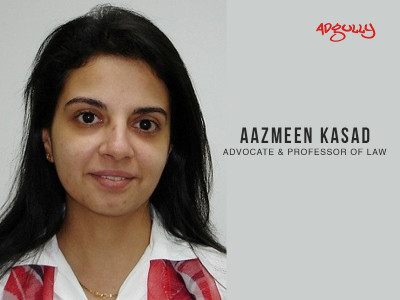
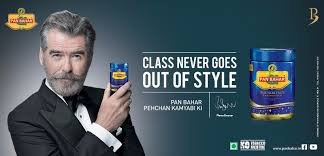
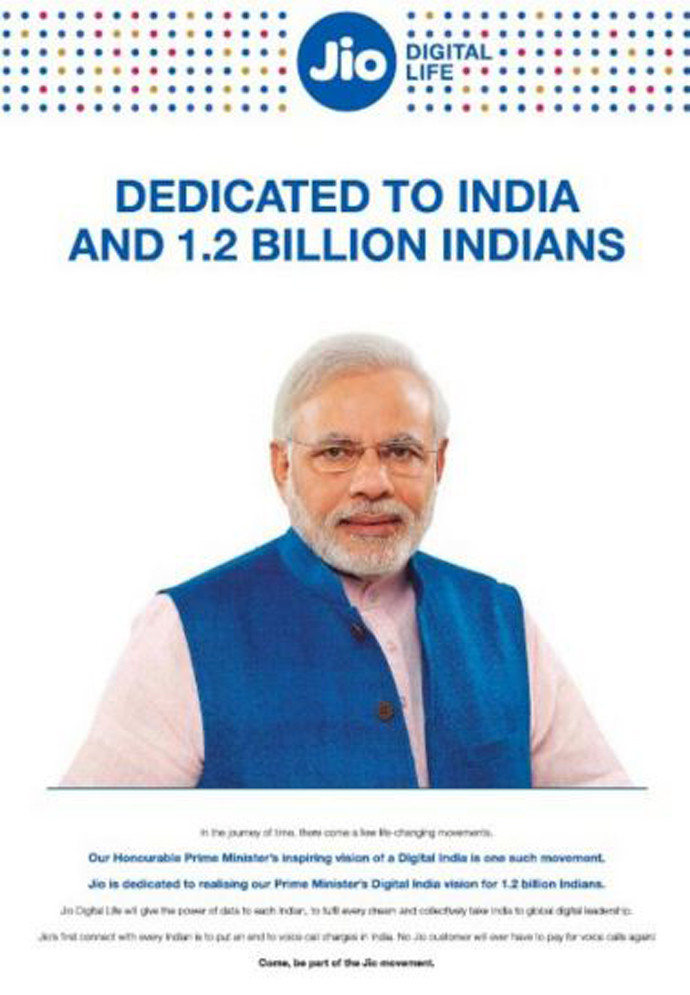
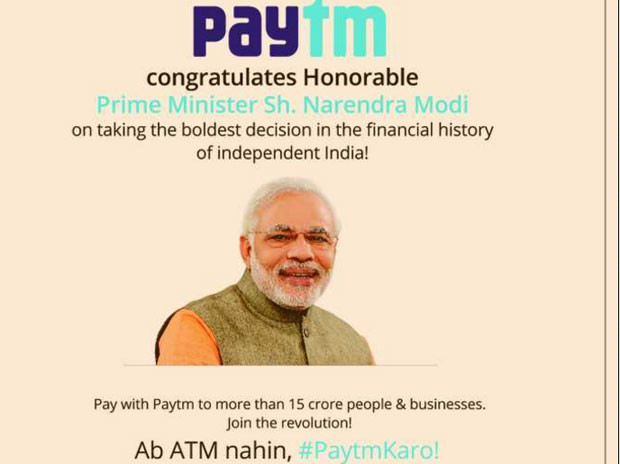
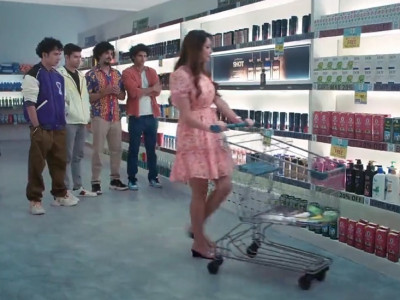
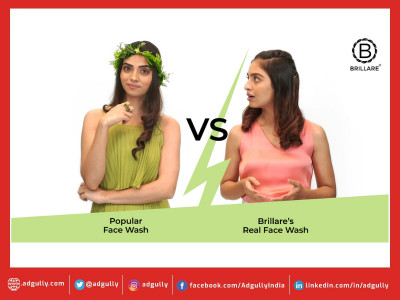

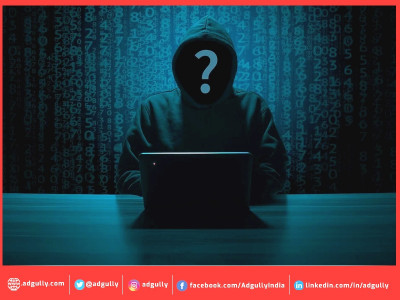



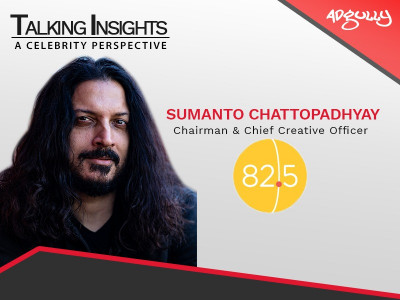

Share
Facebook
YouTube
Tweet
Twitter
LinkedIn